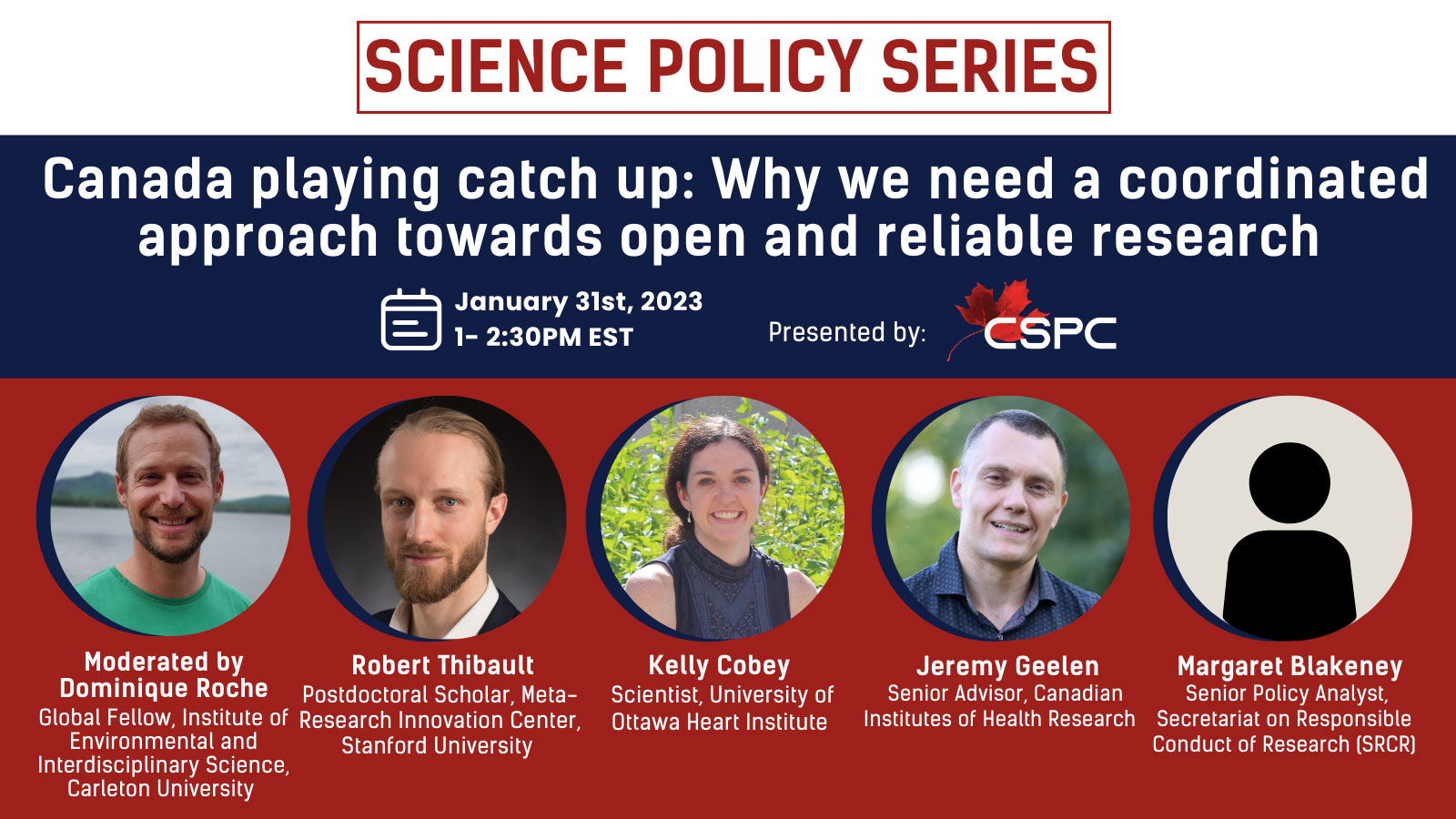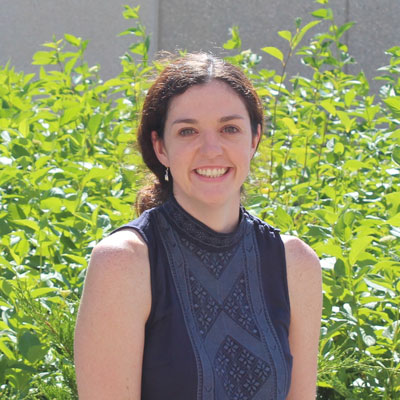








All Events
Canadian Science Policy Centre
1595 16th Avenue, Suite 301
Richmond Hill, ON
L4B 3N9
E-mail:
info@sciencepolicy.ca
Subscribe to the Canadian Science Policy Conference newsletter to keep up-to-date with the latest news, events and programs.
Innovation Policy refers to policies and public strategies, regulations, and initiatives aimed at promoting the development, diffusion, and application of new ideas, technologies, products, and services. It seeks to enhance capacity for innovation to drive economic growth, competitiveness, and social well-being. Innovation policy encompasses support for research and development (R&D), entrepreneurship and education, digital infrastructure, social innovation and collaboration between industry, academia, and government.
Science for Policy refers to the use of scientific knowledge, evidence, and expertise to inform and support decision-making in public policy. It involves translating complex scientific research into accessible insights that can guide the development, implementation, and evaluation of policies across various sectors, including (but not limited to) health, environment, technology, security, education, justice. Science for policy emphasizes evidence-based policymaking, where decisions are grounded in reliable data and research and knowledge rather than opinion or ideology.
Policy for Science refers to the set of governmental policies or institutional strategies, decisions, and frameworks that shape the funding, priorities, infrastructure, and governance of scientific research and development. It involves creating conditions that support scientific innovation, including investments in research institutions, training of scientists and development of science infrastructure, research integrity, EDIA, and international collaboration, ultimately aiming to strengthen the scientific enterprise to advance knowledge,economic development, and societal well-being.
Science for Policy refers to the use of scientific knowledge, evidence, and expertise to inform and support decision-making in public policy. It involves translating complex scientific research into accessible insights that can guide the development, implementation, and evaluation of policies across various sectors, including (but not limited to) health, environment, technology, security, education, justice. Science for policy emphasizes evidence-based policymaking, where decisions are grounded in reliable data and research and knowledge rather than opinion or ideology.
Science & Society refers to areas that strengthen public understanding and engagement with science, including the relationship between science and society. This includes but is not limited to science communication, education, journalism, public engagement, and citizen science and more.

Dr. Geelen is a senior advisor at the Canadian Institutes of Health Research (CIHR), where he leads CIHR’s policy work related to research data management and sharing. With experience across all three of Canada’s federal granting councils – CIHR, the Natural Sciences and Engineering Research Council and the Social Sciences and Humanities Research Council – he chaired the tri-agency working group that developed the Tri-Agency Statement of Principles on Digital Data Management (2016) and the Tri-Agency Research Data Management Policy (2021). He is also past Chair of the Data Sharing Working Group for the Global Research Collaboration for Infectious Disease Preparedness (GloPID-R), served on the steering committee for the Research on Research Institute’s FAIRware project, and was Canada’s representative on the advisory group that revised the OECD Recommendation on Access to Research Data from Public Funding (2021). He is also a former member of the Technical Advisory Board of the Research Data Alliance. Jeremy holds a PhD in Philosophy from the University of Ottawa.

Dr. Kelly Cobey is a Scientist at the University of Ottawa Heart Institute where she directs to Meta-research and Open Science Program. She also holds an Adjunct appointment at the University of Ottawa School of Epidemiolgy and Public Health. Her work focuses on ways to increase the transparency and reproducibility of biomedical research. She is currently working on a Wellcome funded project to develop and implement tools and training to monitor open science at research institions. She is also interested in the implementation and evaluation of patient engagement in research. She presently serves on the Steering Committee of DORA (Declaration on Research Assessment).

Dr. Robert Thibault is a Canadian Postdoctoral Scholar currently working with the Meta-Research Innovation Center at Stanford University (METRICS). His work focuses on developing and testing initiatives that facilitate a trustworthy and efficient research ecosystem. Following his postdoctoral work in the United Kingdom with the founder of the UK Reproducibility Network, Dr. Thibault has launched a parallel initiative—the Canadian Reproducibility Network (CaRN).

Margaret Blakeney is a senior policy analyst with the Secretariat on Responsible Conduct of Research (SRCR), which is responsible for supporting the three federal research granting agencies (CIHR, NSERC and SSHRC) in matters pertaining to the Tri-Council Policy Statement: Ethical Conduct of Research Involving Humans (TCPS 2- 2022) and the Tri-Agency Framework: Responsible Conduct of Research (“RCR Framework”). Prior to working at the Secretariat, Margaret held various positions at SSHRC, including program officer and Access to Information and Privacy (ATIP) Coordinator.

Dr. Roche is a Marie Skłodowska-Curie Global Fellow at Carleton University (Canada) and the University of Neuchâtel (Switzerland). His work in meta-research (‘research on research’) examines how open data help improve transparency, reproducibility and collaboration in science. He has published upwards of 20 papers on the importance of research integrity and open science practices in environmental science. He is a co-founder and the 2022 President of the Society for Open, Reliable, and Transparent Ecology and Evolutionary biology (www.sortee.org).